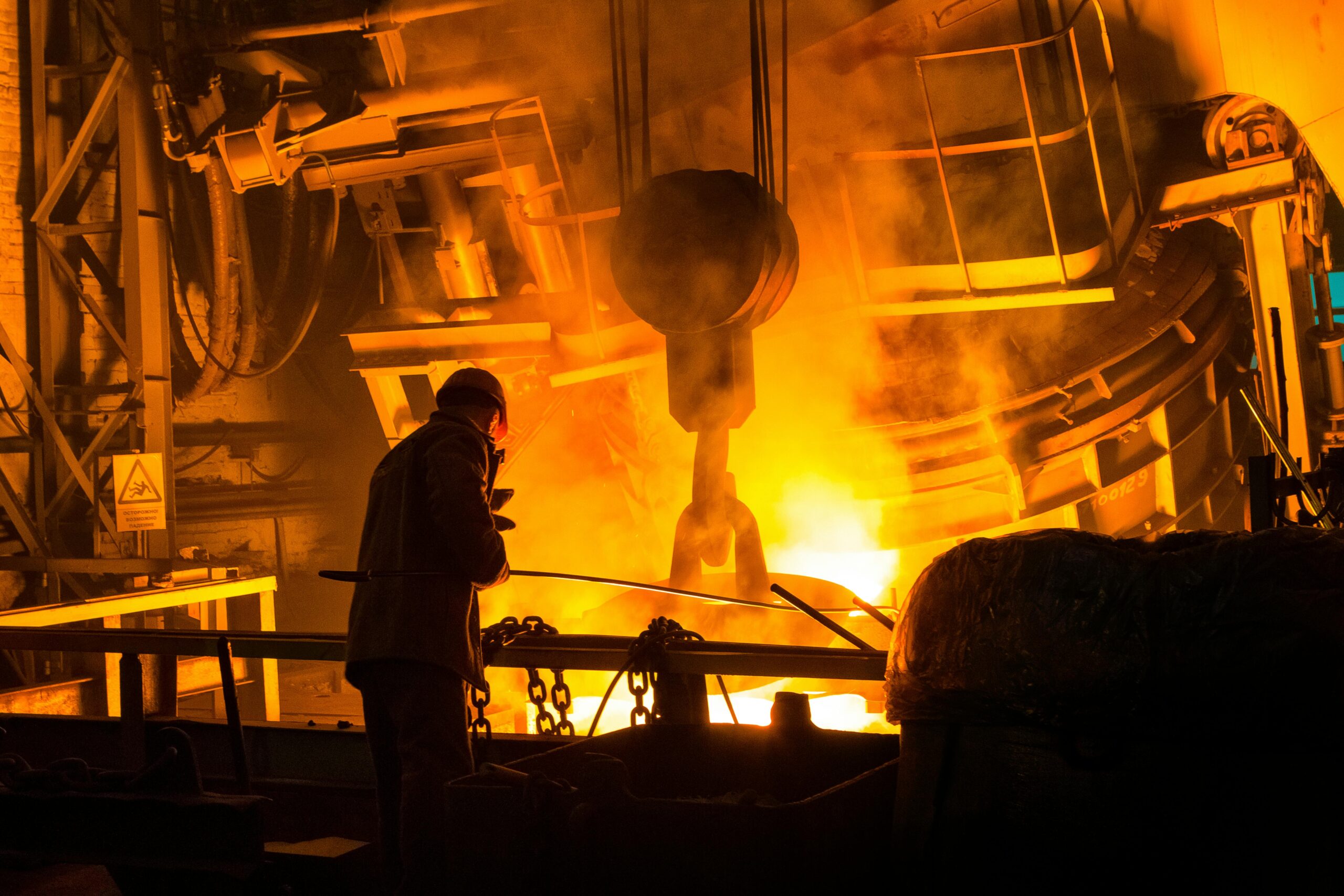Call or Text
801-438-4793Drinking Water in Salt Lake: What to Know
December 15, 2014
Knowing the contents of your drinking water is important. Every region and every city has different levels of water quality, and drinking water originates from different sources. In northern Utah, much of the drinking water is sourced from deep wells and alpine streams, with much of it supplied each year by snow melt. During the summer months, wells supplement to make up for a drier stream flow from the mountains.
Water quality in northern Utah is generally good and meets or exceeds EPA requirements, but clean drinking water requires a lot of energy and the quality still depends on the cleanliness of the well and well at the start of the treatment process. Home plumbing can also affect the smell, taste, and appearance of tap water. Here are some more details on water quality in the northern Utah and Salt Lake City area, in particular.
Safe but Imperfect Drinking Water
The Salt Lake City drinking water supply is pretty clean on a national scale. Even the most well treated water, however, can benefit from additional purification measures to improve the taste and reduce quantities of chemical contaminants. Water in the Salt Lake area tends to be hard, especially during the summer months where deep wells are providing a significant portion of tap water. This water is higher in minerals than surface water and will be harder because of this. While safe under state and EPA guidelines, this hard water can benefit from softening and purification to improve taste and texture.
Much of the water supply in the Salt Lake metro area is dependent on snow melt from the winter. If the snowfall is inadequate, the resulting runoff water supply in reservoirs and streams is low for the rest of the year. This seasonal fluctuation can have a noticeable impact on the water quality since the source may be primarily deep wells. In years with poor runoff, additional commercial and residential drinking water purification may be a good idea.
Consider Additional Purification
All water can benefit from further purification. From basic tap filtering to complete purification with a reverse osmosis system, tap water in the Salt Lake area can always use a boost to improve overall quality and drinkability. Installing additional purification mechanisms to the tap is a good idea to noticeably reduce the chemical content of unpurified tap water. The poorer the water quality in a region or city, the more energy required to treat the water and, ultimately, further purify it from the tap. For a cleaner, healthier water supply, consider additional purification technologies.
Recent News

Do You Need a Water Softener? How to Tell & How You Benefit
May 29, 2025
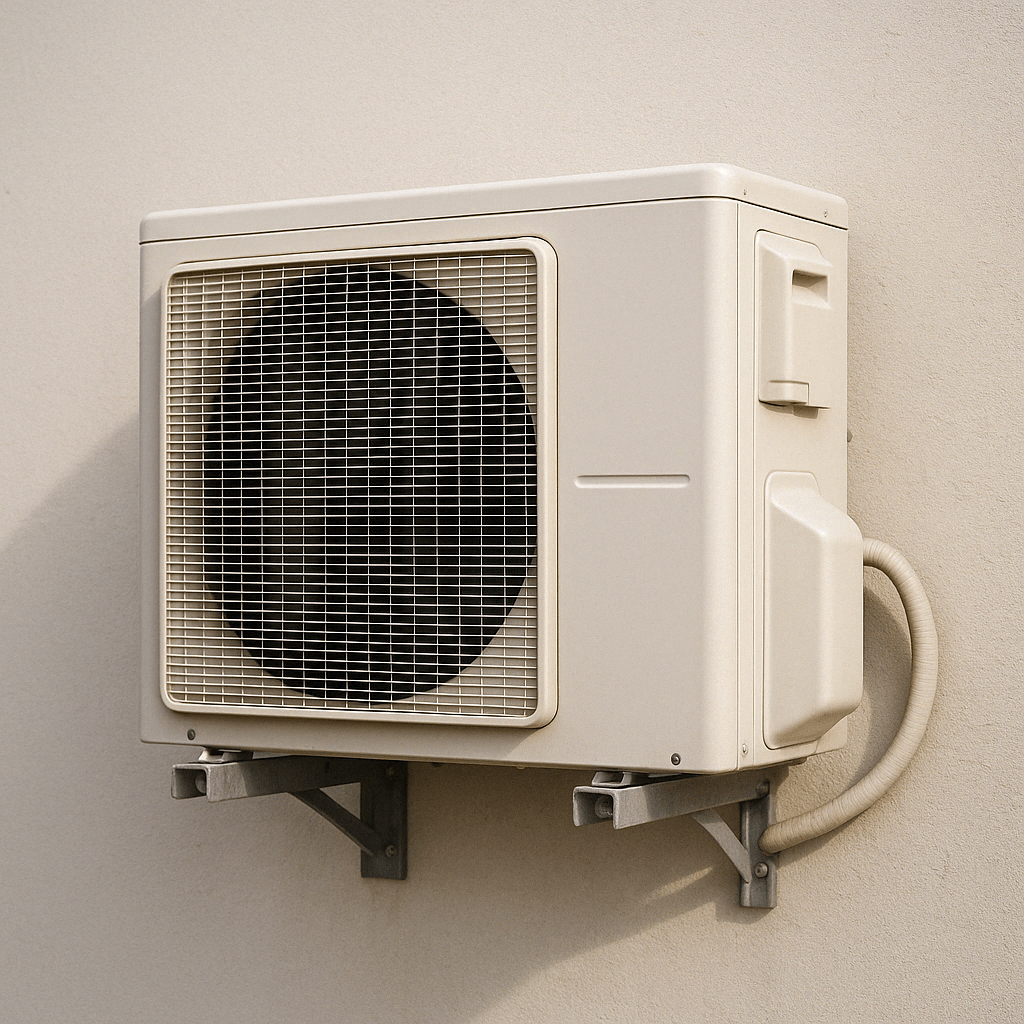
Get Your Air Conditioner Ready for the Summer with Superior Water & Air
April 21, 2025
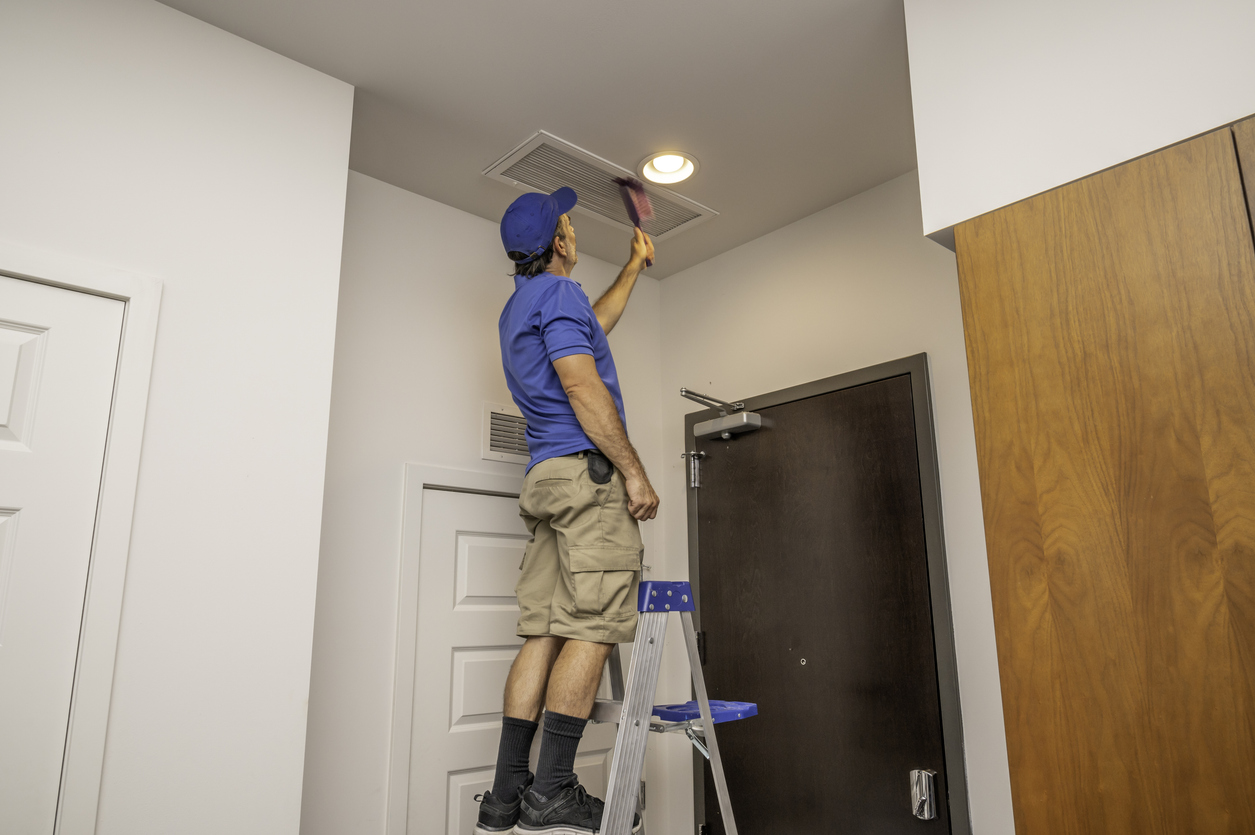
Why You Need the Air Ducts Cleaned in Your Home: Benefits & More
April 3, 2025
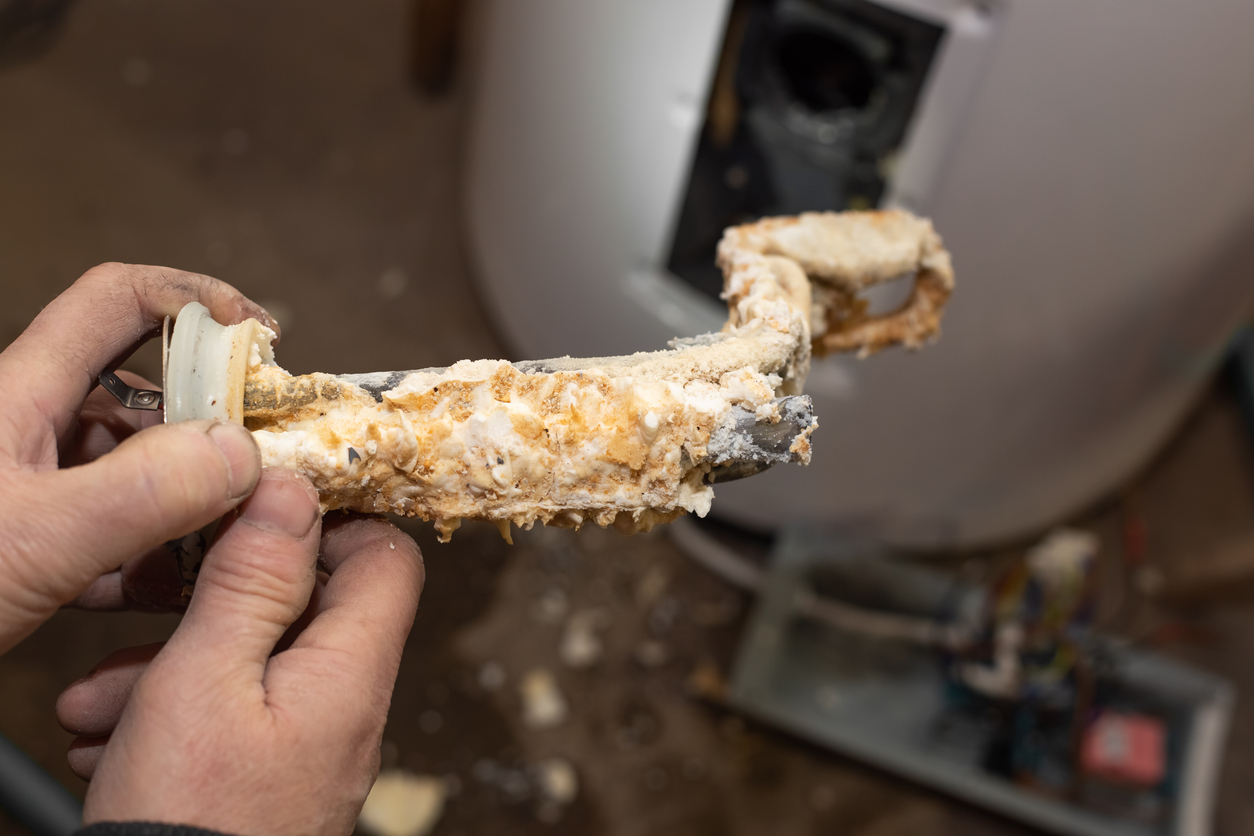
How to Determine Water Hardness & Treat Effectively
February 25, 2025

How to Save On Your Heating Bill During Winter
February 10, 2025
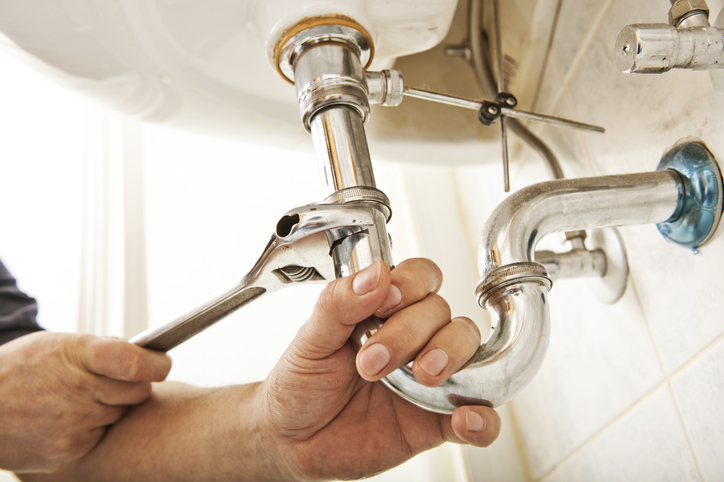
Cost Savings with Proper HVAC and Plumbing Systems in Winter
December 9, 2024
